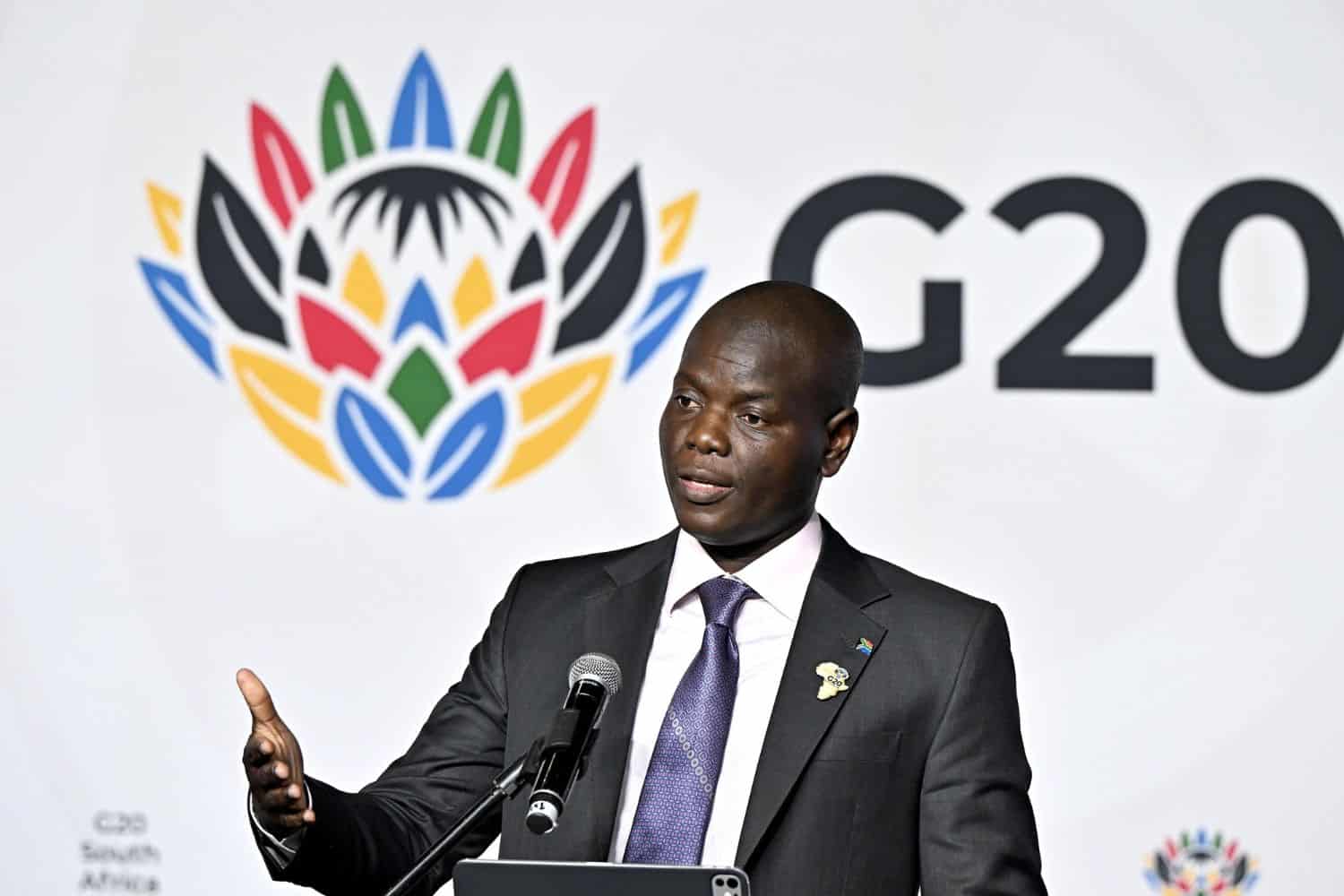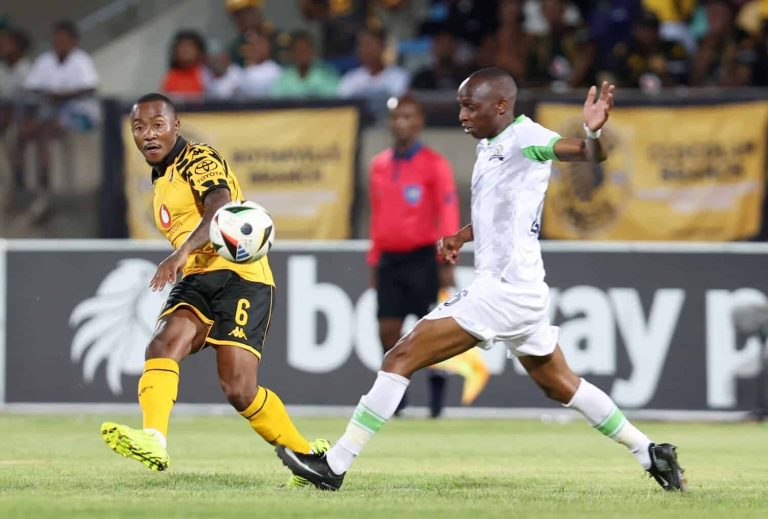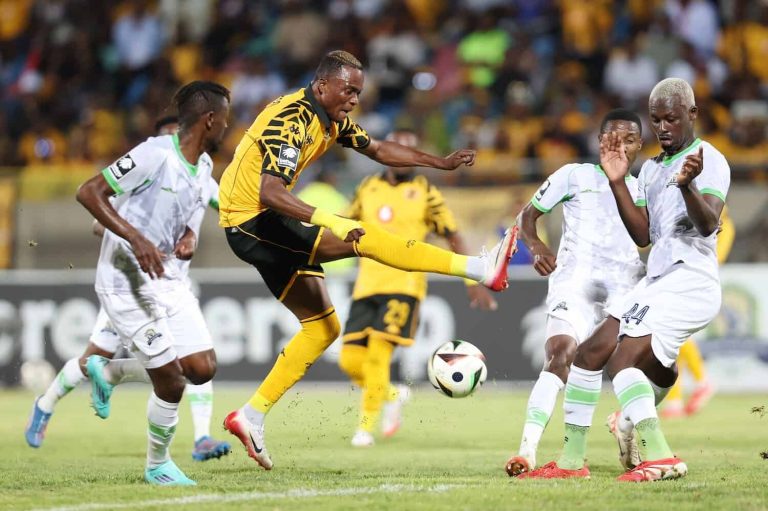
International Relations Minister Ronald Lamola says the government is “fine-tuning” a new economic diplomacy aimed at strengthening investment and insulating the country’s economy from rising geopolitical activity.
Lamola made the remarks at the Presidential Working Dinner with South African companies doing business on the African Continent in Santon on Tuesday evening – just three days before the G20 Leaders’ Summit, the first-ever to take place on African soil.
‘Unique moment’
The G20 Social Summit will be held at the Nasrec Expo Centre in Johannesburg from 22 to 23 November 2025.
Lamola said South Africa is hosting the G20 at a “unique moment.”
“Widening geopolitical fractures, marked by trade tensions and shifting power dynamics, necessitate that we strengthen our focus on economic diplomacy.”
ALSO READ: G20: Ramaphosa highlights ‘green shoots’ of an economic recovery
Economic diplomacy
Lamola said South Africa’s economic diplomacy must become bolder and more strategic while also focusing on the African continent if it is to withstand escalating global uncertainty and advance its development goals.
“Responding to the uncertainties of today’s world, our government is fine-tuning an economic diplomacy strategy that rests on a few key assumptions and aspirations. In a world defined by competition for markets, minerals, technology, skills and investment, economic diplomacy can no longer be optional.
“It is an indispensable part of positioning South Africa for long-term resilience and addressing our domestic challenges,” Lamola said.
Dialogue
Lamola said President Cyril Ramaphosa, who also spoke at the event, had instructed him to convene the dialogue following the European Union’s Gateway announcement, underscoring the strategic significance of ensuring that South African companies are supported as they expand into African markets.
Lamola outlined the government’s emerging economic diplomacy strategy, built on a set of foundational assumptions and aspirations aimed at positioning South Africa more competitively.
“First is the obvious truth: Africa is our home; Africa is our destiny. For three decades, the belief that Africa is our destiny has been a consistent thread in South Africa’s foreign policy
“This economic diplomacy strategy gives practical expression to that orientation. The fate of our continent requires Africans, including ourselves, to act together to advance and defend our interests and to play our part in transforming the global order,” he said.
Strategy
Lamola said the strategy seeks to attract investment, stimulate growth and build stronger regional value chains, particularly in sectors such as critical minerals and manufacturing.
“These goals are aligned with the 2024–2029 Medium-Term Development Plan, which prioritises inclusive growth, reindustrialisation and the expansion of South Africa’s trade footprint.”
He emphasised that Africa is demographically young.
“By 2030, our youth will make up more than 40 per cent of the global youth population. By 2050, our population will reach 2.5 billion. The minerals that will power the global energy transition lie beneath and above African soil.
“From Guinea to Gabon, South Africa to Côte d’Ivoire, Madagascar to Mozambique, Zimbabwe to the DRC, Africa holds the key to a low-carbon future,” Lamola said.
Ramaphosa leadership
Lamola credited President Ramaphosa’s leadership, strategic judgement and Ubuntu-centred approach as central to galvanising this collaboration.
“Through President Ramaphosa’s leadership, we can secure buy-in from key actors in society, especially the people in this room. President Ramaphosa, your steady leadership, strategic judgement, and cooperative spirit grounded in Ubuntu will be vital as we advance on this path,” Lamola said.
NOW READ: G20 Leaders’ Summit: Joburg area under hard lockdown



